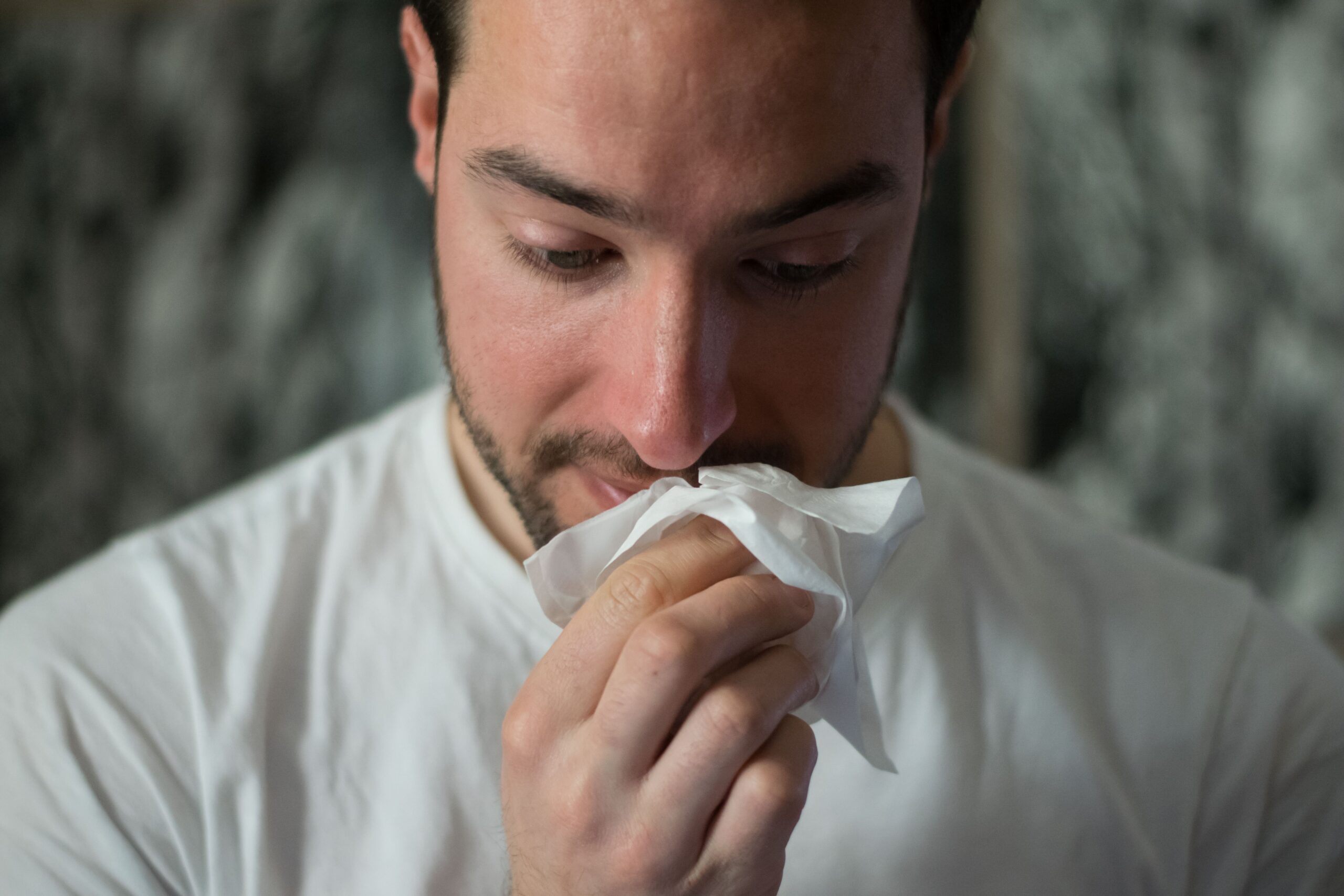Common cold which is also known as acute coryza occurs due to a viral infection in the upper respiratory tract including throat and nose. The common viruses that cause common cold include viruses as Rhino virus, Corona virus and Adeno virus.

In average, a normal individual suffers from two to three colds per year. As immunity for different virus strains build up with time, the incidence of common cold episodes a person gets reduce with aging.
Normally common cold doesn’t need medical interventions as most people recover themselves from common cold within a period of one week or 10 days.
Signs and Symptoms
- Tiredness
- Intermittent mild fever
- Runny or stuffy nose
- Secretions from nose can change their color from clear fluid to yellow or green color infected secretions
- Sore throat and pharynx
- Dry or purulent cough
- Nasal congestion
- Slight body aches or a mild headache
- Sneezing
- Generally feeling unwell
- Ear pain can occur with recurrent fever when virus infect the space behind ear drum which is called as middle ear
- Asthma can be exacerbated
- Swelling, pain and infections in sinuses
It takes like three days for signs and symptoms to occur after exposure to a virus which can infect your upper respiratory tract and cause common cold. Normally infectivity is very high in early stages of life and this spreading is facilitated by overcrowding and poor ventilation.
Causes
Many types of viruses cause common cold by entering through mouth, eyes or nose. These viruses can spread via physical contact as hand-to-hand contact or sharing objects with an infected person or via response droplets in the air.
Risk Factors to get Common Cold
- Infants and young children are more prone to get these symptoms as their immune systems are not developed yet.
- Chronic illnesses and exposure to some medications can weaken your immune system which can lead to get common cold recurrently.
- Having to participate lots of social gatherings can make you more prone to get common cold
- Active or passive exposure to tobacco smoking can increase your risk
Management of Common Cold
Normally this doesn’t require any medical management as these patients recover naturally within a short period of time.
You can protect yourself from getting common cold by practicing below health habits.
- Maintenance of social distancing
- Wearing masks and covering your nose and mouth when in public places. Specifically, when you are sneezing or coughing you must cover your mouth.
- Washing your hands thoroughly at least for 20 seconds with soap and water or using a hand sanitizer
- Disinfectant your belongings and places you touch as doorknobs specially if you are having a cold in order to minimize the spread.
- If a person is having signs and symptoms of common cold it is important to avoid close contact with them.
- If you are a person with weak immune systems as old age or chronic illnesses, you can get influenza vaccine to protect yourself from influenza virus
References
- Kumar and Clerk’s Clinical Medicine -8th Edition- Parveen Kumar, Michael Clark
- Oxford Handbook of Clinical Medicine – 10th Edition

